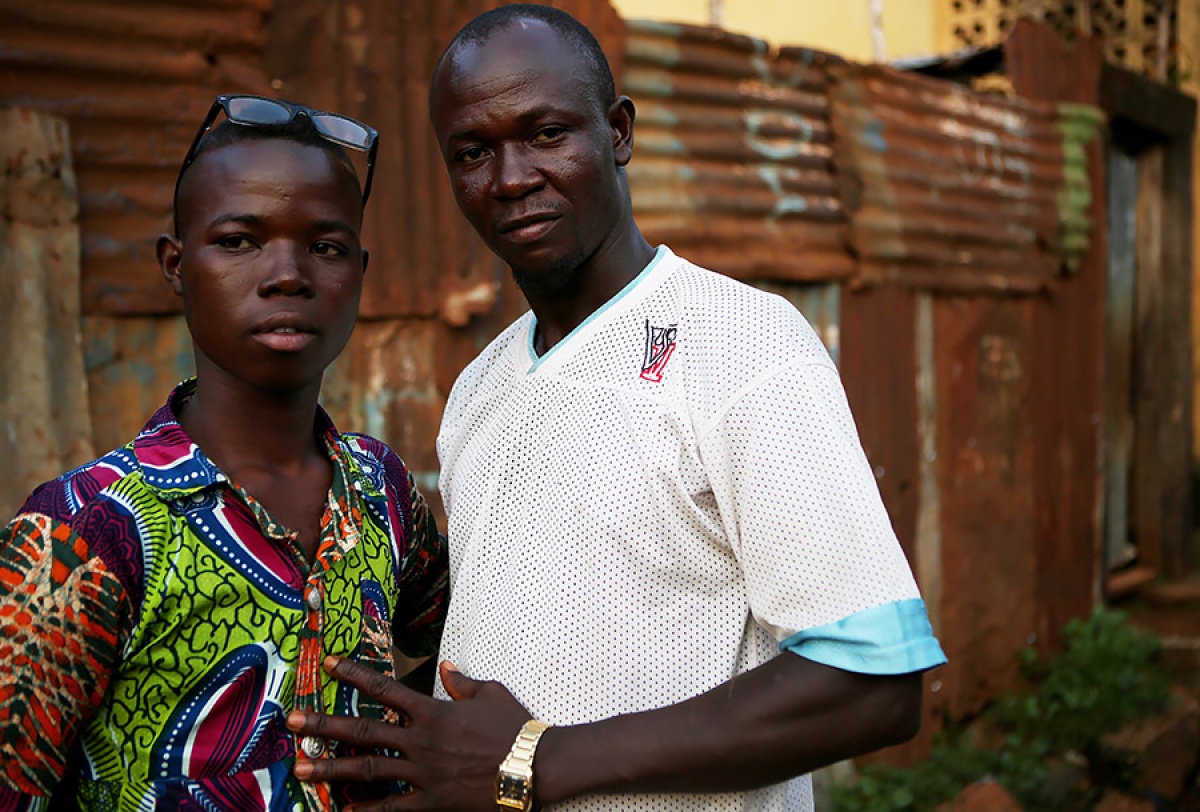We build health systems
Posted on Mar 19, 2015

We work closely with national governments and other partners to improve and expand health services.
Muhamed Kallon, 19, is an Ebola survivor. Last September, he was admitted to an Ebola treatment unit in Freetown, Sierra Leone, where he was closely supervised by health workers and received rehydration therapy. After 10 days, Kallon was well enough to return home.
“I am so happy and proud he survived,” says Musa Kallon, the uncle who raised Kallon after his parents died in the country’s civil war. “Really, I never believed he would survive this sickness because he was so weak.”
The Ebola death rate is high—nearly 4,000 people in Sierra Leone had died as of April 2015.
However, Ebola need not be fatal. Most people who are infected with and die from Ebola are poor and don’t have adequate health care available to them. As Kallon’s story shows us, recovery is possible with proper treatment.
The great majority of Ebola patients can survive with high-quality care, asserts Dr. Paul Farmer, co-founder of Partners In Health. He says “staff, stuff, space, and systems” are needed to combat the disease in Sierra Leone and Liberia, two of the world’s poorest countries with health systems that are barely functioning.
Since our founding, PIH has worked to raise the standard of care available to the poor and fought the notion that only so much can be done in places of poverty. As has become increasingly clear, we pay the price of accepting a lower standard of health care for the poor with crises such as Ebola and the lives of thousands of people less fortunate than Kallon. It doesn’t have to be this way.
PIH has trained and deployed more than 250 U.S.-based doctors, nurses, and other professionals, and hired more than 600 Ebola survivors as full-time support staff, community health workers, and orphan caregivers. Kallon also is now among our staff. He and our many partners are helping to address the crisis and develop a long-term plan to equip each country’s health system with “staff, stuff, space, and systems.” That means training local health professionals and ensuring facilities have proper tools and equipment to care for Ebola patients, as well as other people needing care.
Over time, we aim to expand our work by continuing to collaborate with the ministries of health of each country to strengthen more clinics, train more people, and build strong health systems to meet the ongoing health needs of the population.

